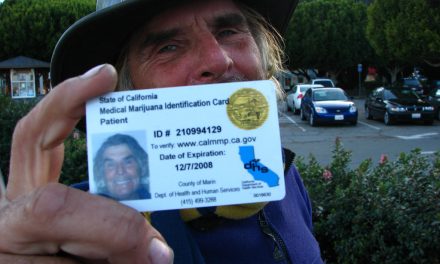From Steve Robinson, MD, with a comment:
I can just see all the addiction treatment centers lining up for this one.
Naltrexone Maintenance Decreases Cannabis Self-Administration and Subjective Effects in Daily Cannabis Smokers
Given that cannabis use is increasing in the United States, pharmacological treatment options to treat cannabis use disorder are needed. Opioid antagonists modulate cannabinoid effects and may offer a potential approach to reducing cannabis use. In this double-blind, placebo-controlled human laboratory study, we assessed the effects of naltrexone maintenance on the reinforcing, subjective, psychomotor, and cardiovascular effects of active and inactive cannabis. Nontreatment-seeking, daily cannabis smokers were randomized to receive naltrexone (50 mg: n=18 M and 5 F) or placebo (0 mg; n=26 M and 2 F) capsules for 16 days. Before, during, and after medication maintenance, participants completed 10 laboratory sessions over 4–6 weeks, assessing cannabis’ behavioral and cardiovascular effects. Medication compliance was verified by observed capsule administration, plasma naltrexone, and urinary riboflavin. Relative to placebo, maintenance on naltrexone significantly reduced both active cannabis self-administration and its positive subjective effects (‘good effect’). Participants in the placebo group had 7.6 times (95% CI: 1.1–51.8) the odds of self-administering active cannabis compared with the naltrexone group. This attenuation of reinforcing and positive subjective effects also influenced cannabis use in the natural ecology. Naltrexone had intrinsic effects: decreasing ratings of friendliness, food intake, and systolic blood pressure, and increasing spontaneous reports of stomach upset and headache, yet dropout rates were comparable between groups. In summary, we show for the first time that maintenance on naltrexone decreased cannabis self-administration and ratings of ‘good effect’ in nontreatment-seeking daily cannabis smokers. Clinical studies in patients motivated to reduce their cannabis use are warranted to evaluate naltrexone’s efficacy as a treatment for cannabis use disorder.
Seems like I saw a poster to this effect many years ago. Thank God there’s a cure! —FG



